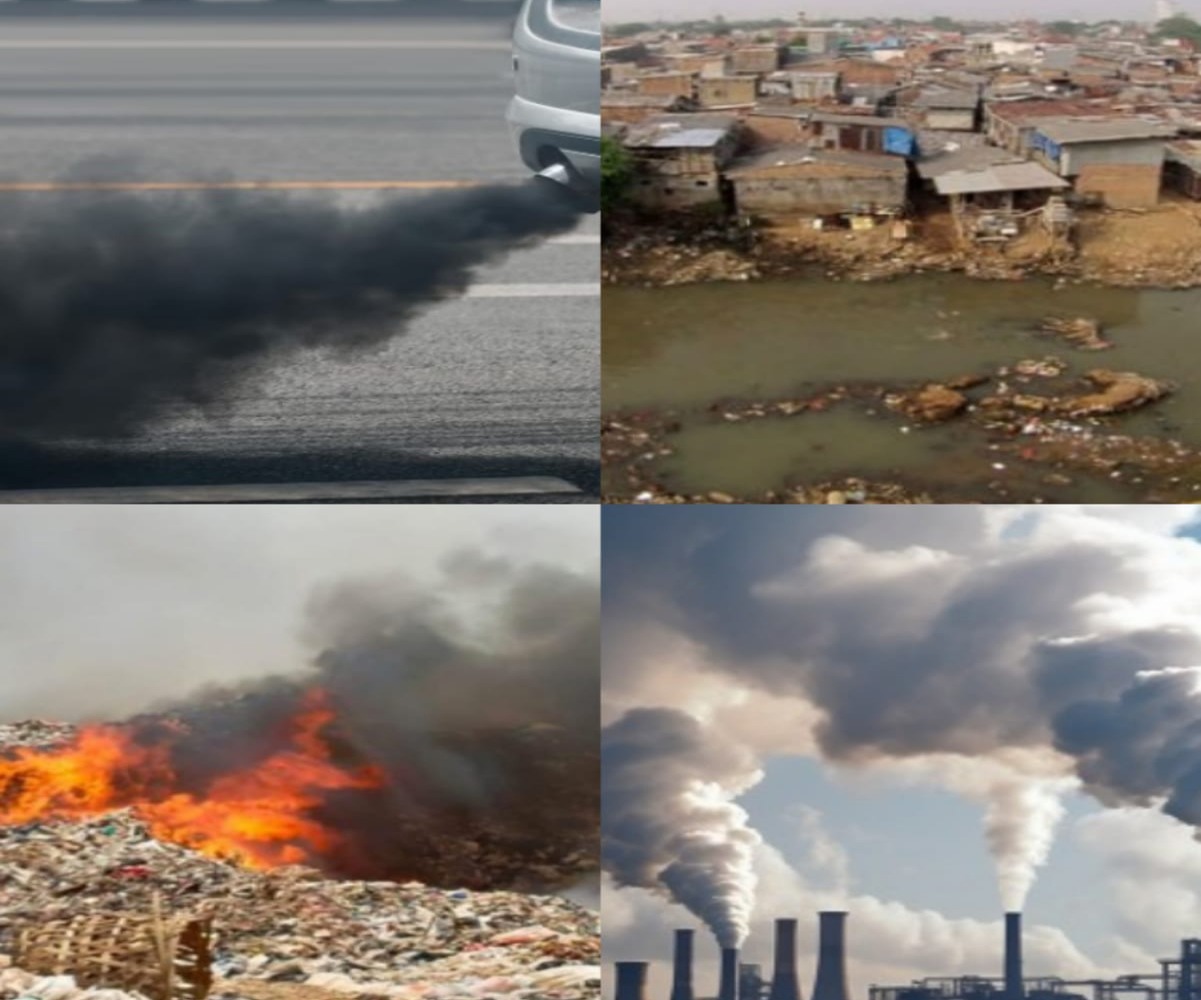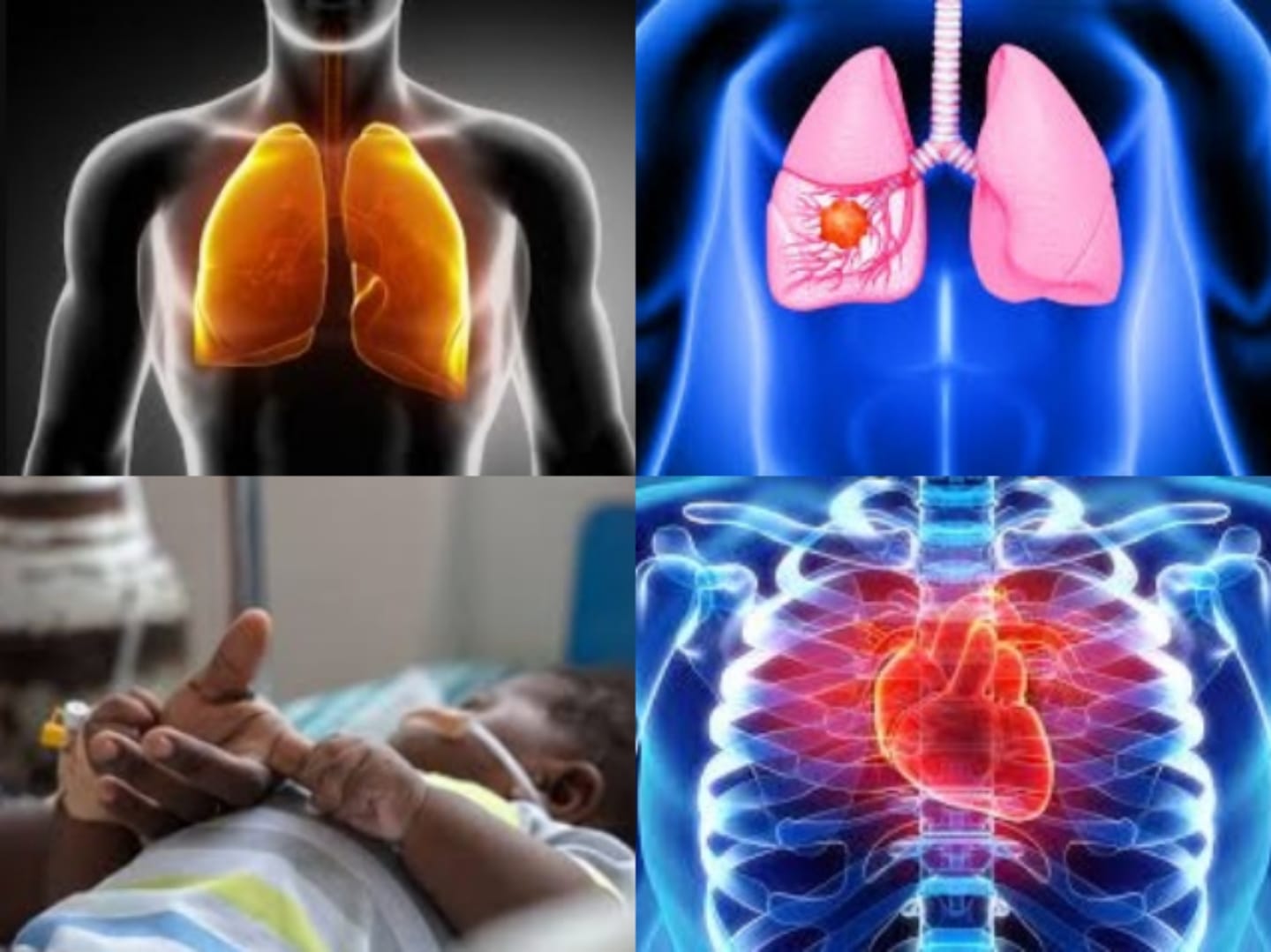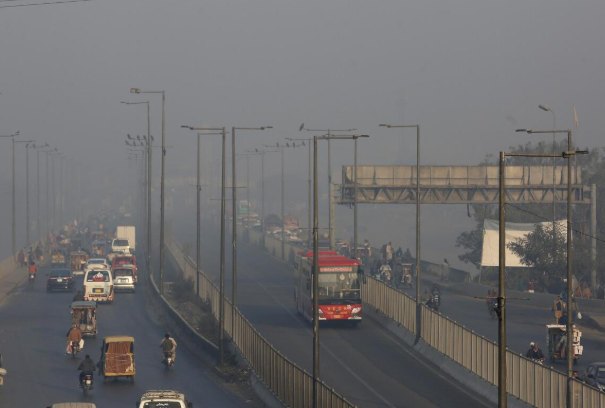How Air Pollution in Urban Pakistan Is Affecting Public Health
Presented by Rikhtiya — Discovering Secret Facts
Air pollution has become a pressing issue in many urban areas of Pakistan, posing significant risks to public health. Major cities like Karachi, Lahore, and Islamabad are witnessing alarming levels of air pollution, mainly due to vehicular emissions, industrial activities, and unregulated urbanization. In this article, we will explore how air pollution is affecting public health and what can be done to mitigate its impact.
Causes of Air Pollution in Urban Pakistan

- Vehicular Emissions: Rapid urbanization has led to a surge in private and commercial vehicles, releasing pollutants like carbon monoxide, nitrogen oxides, and particulate matter.
- Industrial Pollution: Factories in urban areas emit harmful gases and particles, including sulfur dioxide and volatile organic compounds (VOCs), contributing significantly to air quality degradation.
- Construction Dust and Unplanned Urbanization: The constant development of infrastructure without adequate pollution control measures adds dust and particulate matter to the air.
- Burning of Solid Waste: Open burning of garbage and agricultural residues releases toxic pollutants, further deteriorating air quality.
Impact on Public Health

Air pollution in urban Pakistan has far-reaching health consequences, particularly for vulnerable populations such as children, the elderly, and individuals with preexisting conditions.
- Respiratory Issues: Increased levels of particulate matter (PM2.5 and PM10) cause asthma, bronchitis, and chronic obstructive pulmonary disease (COPD).In Pakistan, respiratory issues, including those caused by the Human Metapneumovirus (HMPV), influenza, and pneumonia, continue to be a significant public health concern in 2025. Air pollution and climate change also contribute to the prevalence of respiratory illnesses. Specific concerns include the potential spread of HMPV, especially among vulnerable populations like children and the elderly, and the ongoing impact of air pollution on respiratory health
- Cardiovascular Problems: Long-term exposure to polluted air raises the risk of heart attacks and stroke.In 2025, Pakistan is expected to face a rising burden of cardiovascular diseases (CVDs) due to factors like high prevalence of risk factors like diabetes and hypertension, and a large, young population entering middle age.
- Lung Cancer: Toxic chemicals like benzene and formaldehyde are known carcinogens prevalent in polluted air.In Pakistan, lung cancer is a significant health concern, with a projected increase in new cases in the coming years. Globally, lung cancer accounts for 2.2 million new cases annually, and in Pakistan, it is the second most common cancer among males and the fifth among females. Factors like tobacco use, environmental pollution, and genetic predisposition contribute to this rising prevalence.
- Premature Mortality: Studies have linked prolonged exposure to poor air quality with reduced life expectancy. In 2025, Pakistan’s neonatal mortality rate is estimated to be around 37.6 deaths per 1,000 live births. This means that out of every 1,000 babies born alive, 37.6 will die before reaching 28 days of age. The preterm neonatal mortality rate is 23.3%, with 33.4% of preterm deaths occurring in Pakistan.
Possible Solutions and Mitigation Strategies

- Promoting Clean Energy: Encouraging the use of electric vehicles and renewable energy sources can significantly reduce emissions.shifting away from fossil fuels to renewable sources like solar, wind, and hydro power, while also improving energy efficiency and reducing wast
- Strengthening Regulations: Implementing stricter emission standards and monitoring industrial compliance is crucial. strengthening regulations focused on urban planning, infrastructure, and environmental management is crucial
- Green Urban Planning: Increasing green spaces and urban forests can naturally improve air quality.
- Public Awareness: Educating citizens about the importance of pollution reduction and adopting eco-friendly practices.
Final Thoughts
The ongoing battle against air pollution in Pakistan’s urban areas requires a multi-faceted approach involving government policies, public awareness, and community involvement. Reducing air pollution will not only improve public health but also enhance the quality of life in these rapidly growing cities.








